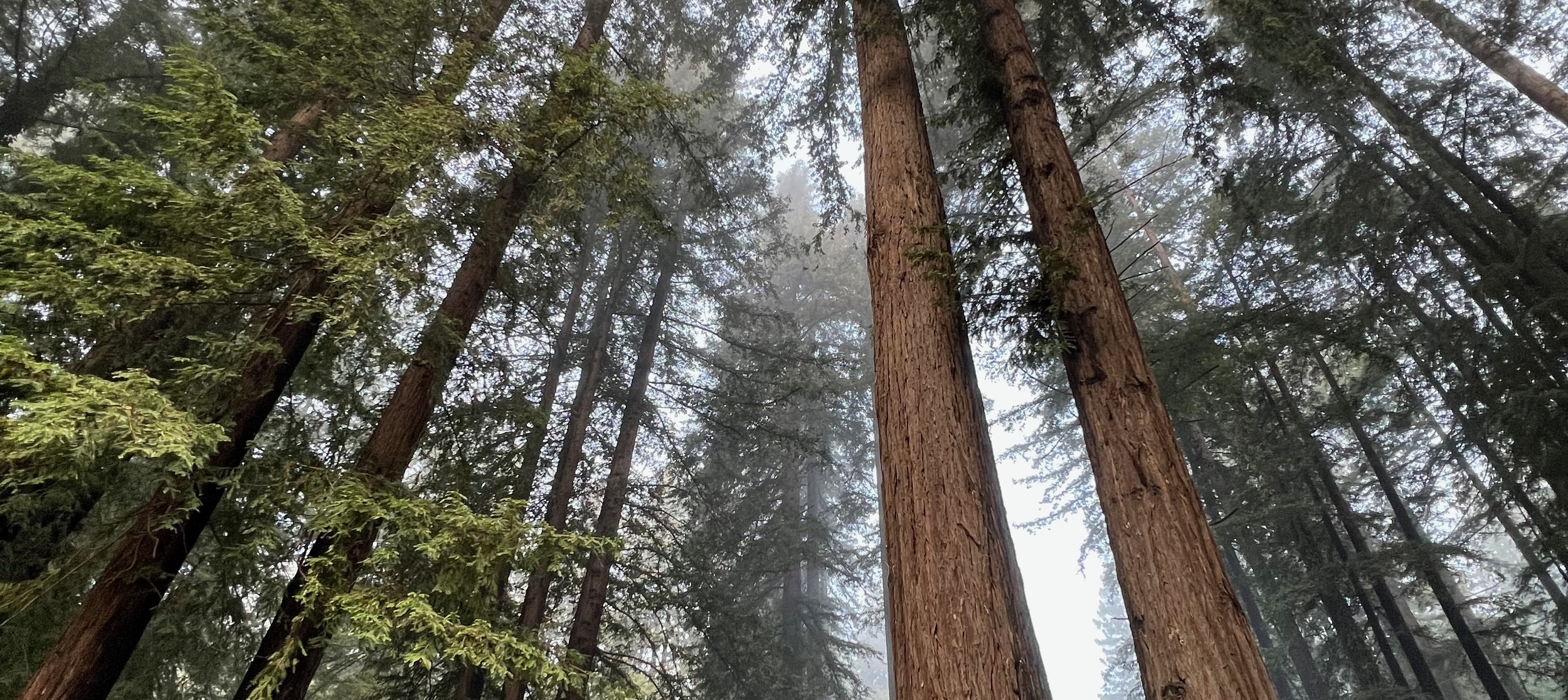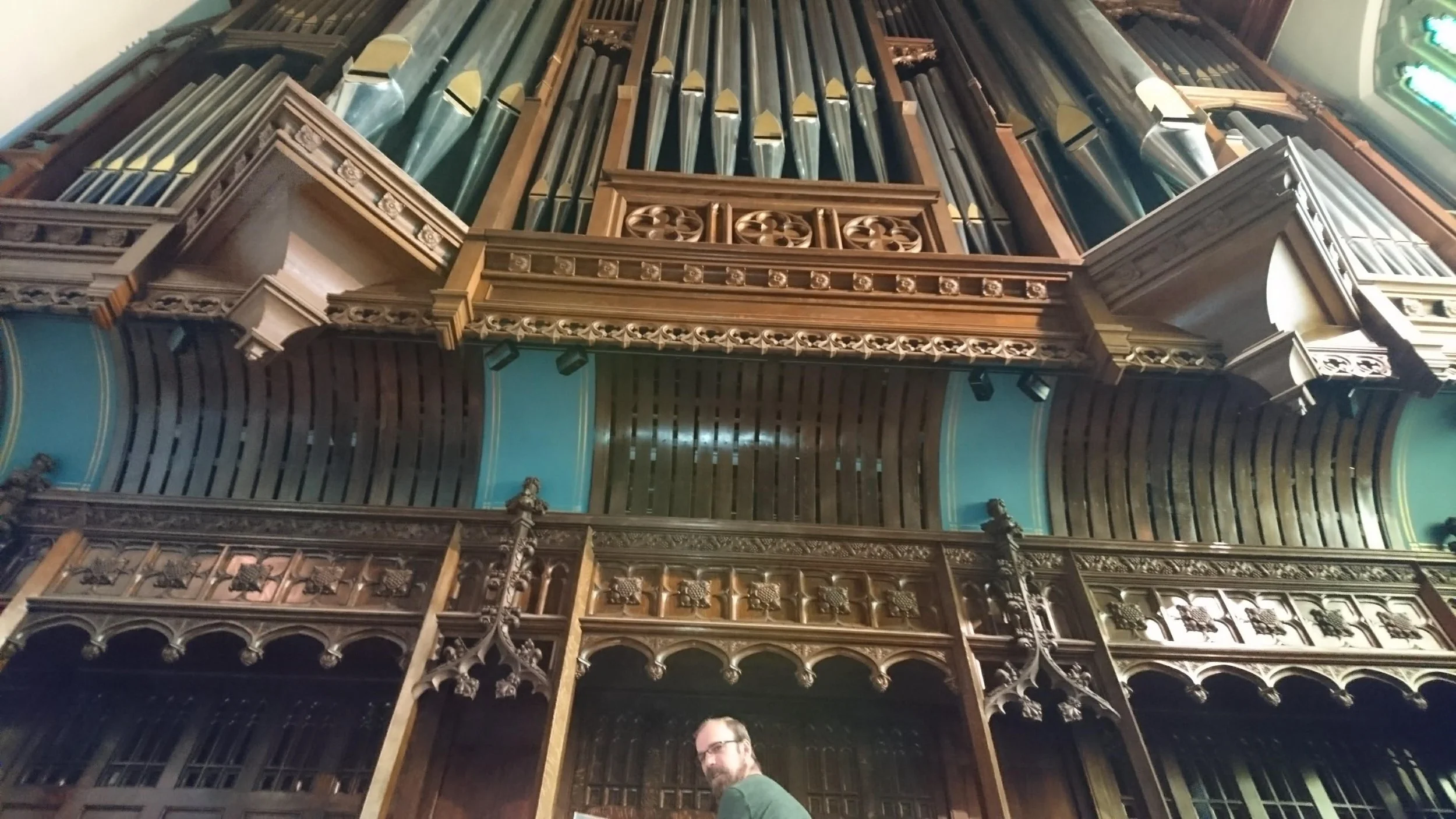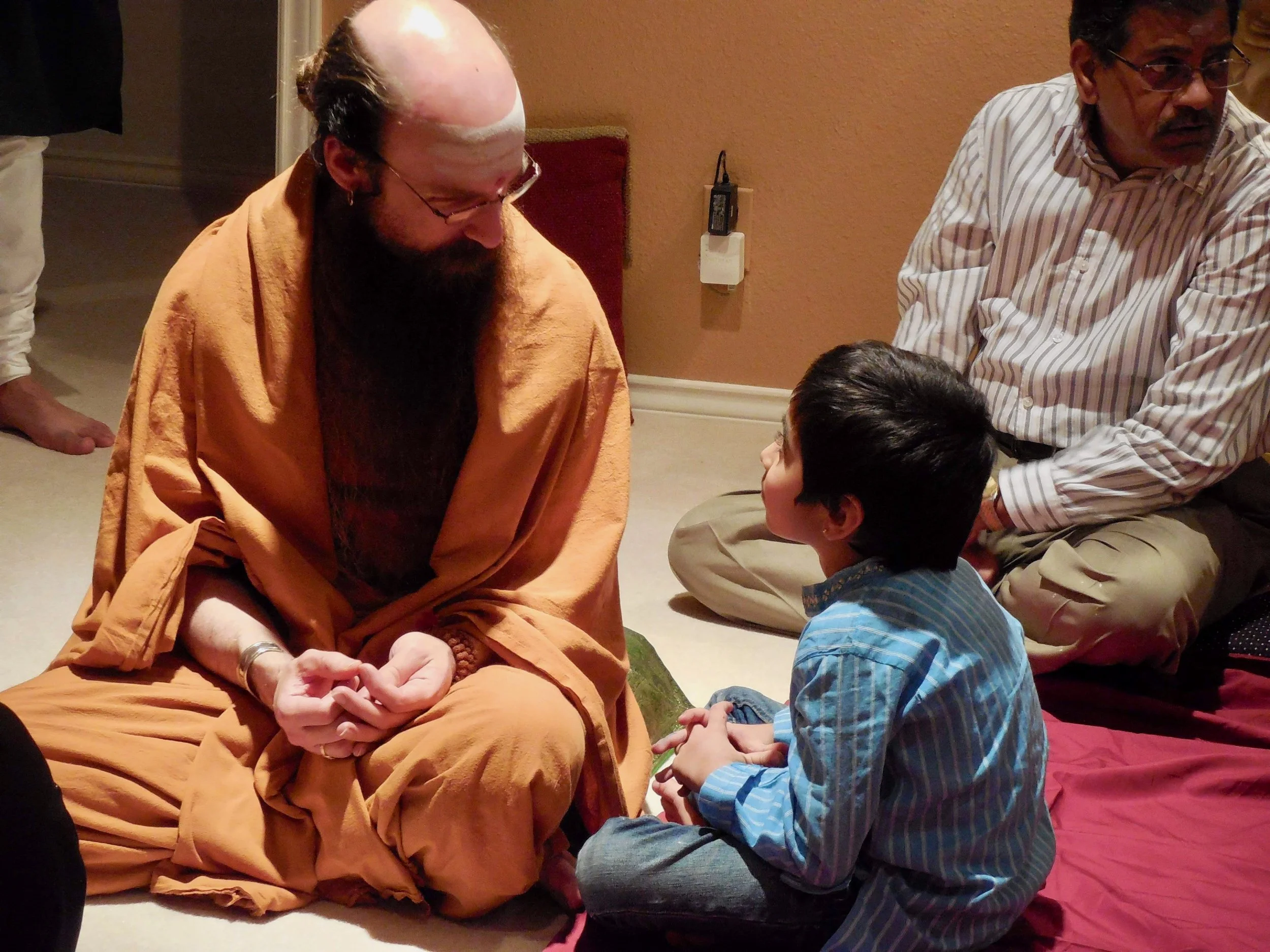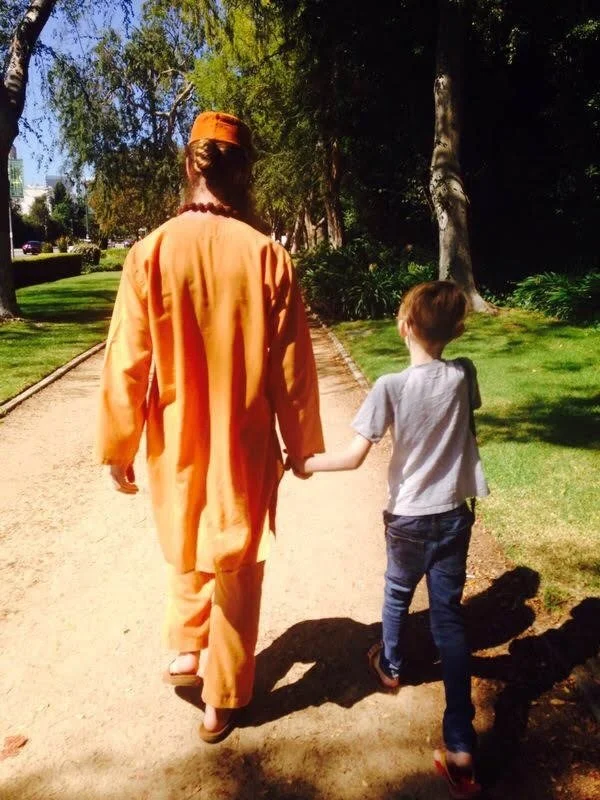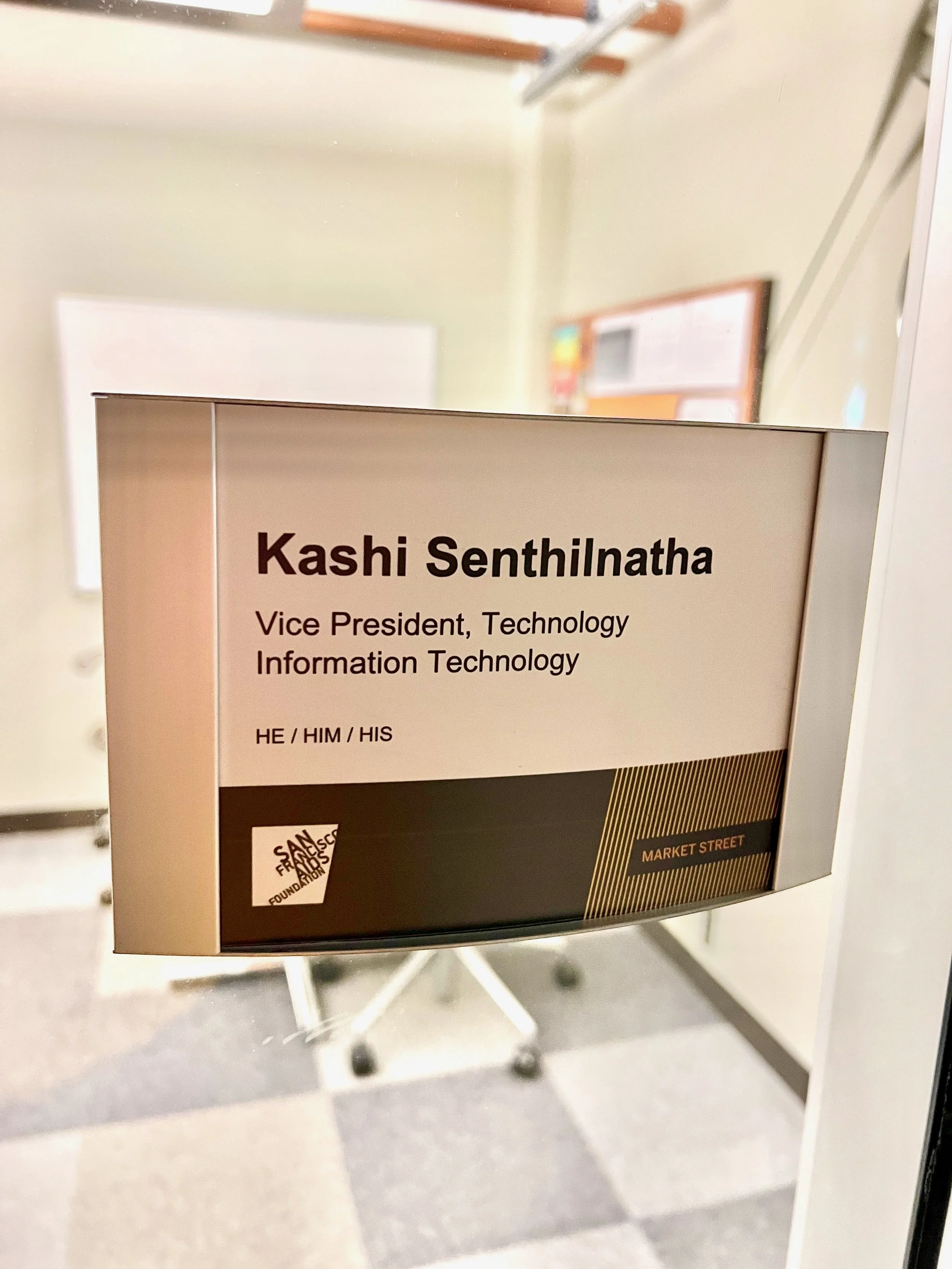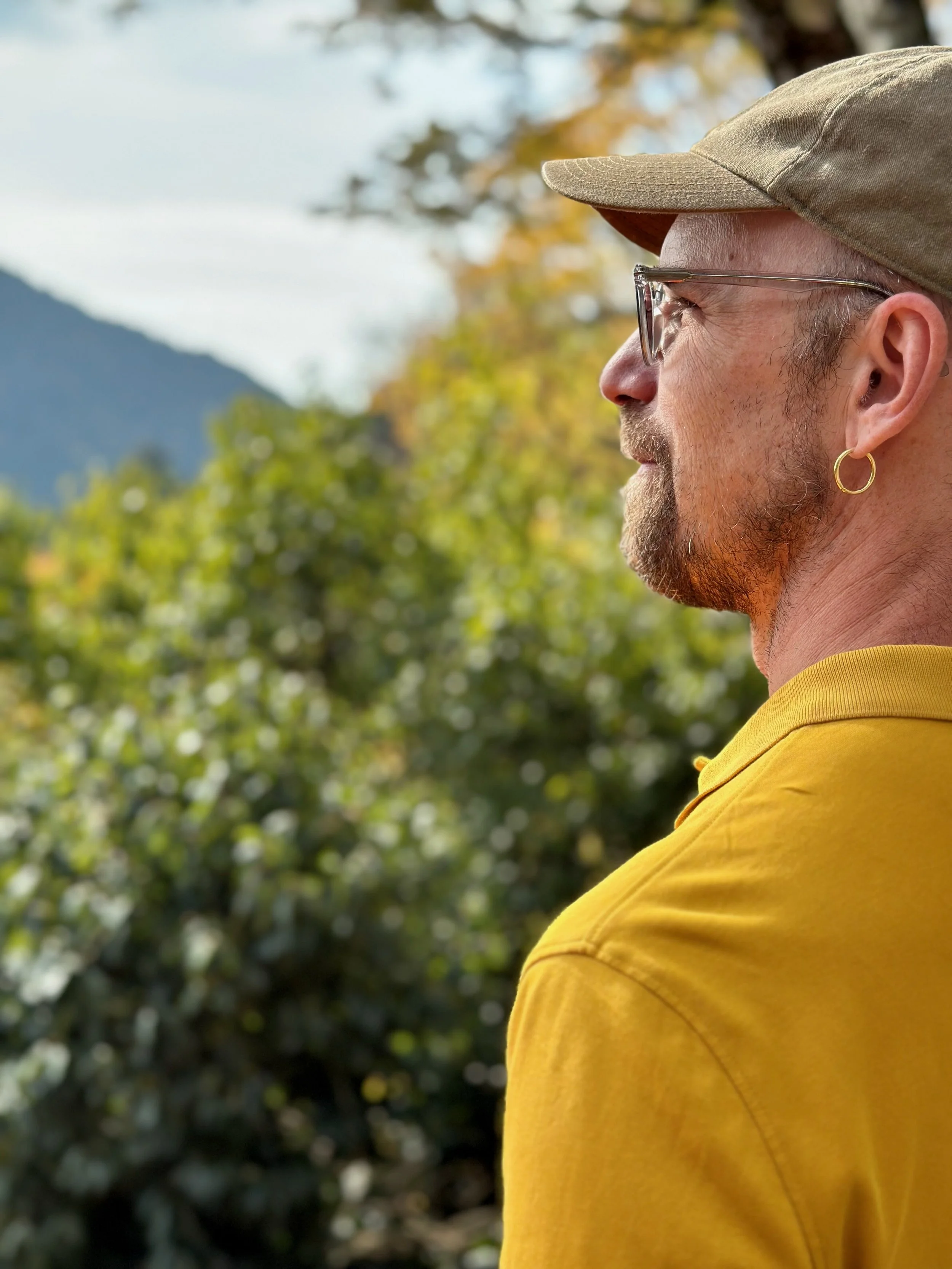My Journey Back to Coaching
It has been clear to me for most of my life that I am here to serve, love, and help people create impact in their lives. Among other ways, I inspire people to slow down, be curious, and create inner and outer harmony. It’s my purpose. Do you know what your purpose is?
— Kashi Whitten, Professional Coach
Childhood Inclinations
I’ve been in the work of personal transformation since I was a teenager, and I’ve spent nearly half of my life dedicated to it full time. It’s not just about me. In fact, it’s not really about me; it’s about my contribution to the world and to her people.
Around the age of 12, I got curious about spirituality and began going with friends to their families’ church services and bar mitzvahs. Even earlier, in kindergarten, I remember being asked to draw a picture of what I wanted to be when I grew up. In crayon, I drew a person in a brown robe. I suppose that was the strongest image I had been exposed to of someone dedicated to spiritual life by that age. One of my father’s cousins is a Jesuit priest, and my uncle considered becoming a man of the cloth prior to attending college (he emerged from Stanford a proud atheist). From the age of six I was also obsessed with baroque music, especially that of Bach, who wrote much of his music for the Lutheran church. I fell in love with the gloriously strong, dynamic sounds of the pipe organ, and, while I wasn’t interested in the faith, I was playing the postludes in an Episcopal church in my hometown by the age of 10. But I digress.
Hindu Monastery
After high school, I began exploring the Eastern traditions. I was on a mission to know myself. This led me to discover Hinduism at the age of 19. Within a year, my philosophical explorations brought me to India for a few months, then to the Hindu monastery on the island of Kauai. It was 1997. I lived in the monastery for 18 years, studying and eventually teaching in the theological seminary while serving in a variety of capacities, especially in the publications and media arm of the organization. I co-authored and edited over two dozen books, wrote and edited for Hinduism Today magazine, conducted traditional temple ceremonies and taught young monks meditation and the art of Sanskrit chanting, gardened and milked cows and cooked magnificent meals, led youth retreats and lectured around the world before deciding to return to San Francisco in 2015.
I am often asked why I left the monastery. In short: it was time to go. I got what I went there for, including a tremendous opportunity to learn, work on myself, grow, and make positive contributions to the lives of many. The experience made me who I am, and I have no regrets. In a training at the outset of my recent return to coaching, one of the course leaders pulled me aside during a break and remarked at how deeply I value human connection. She was spot on. When she asked what that was like living in the monastery, I admitted without hesitation that it was one of the primary reasons I left. For as much growth as was possible in that setting, real human connection is not just discouraged, it is forbidden. I had reached a point where I could no longer hide behind the holy-person facade. I could no longer refrain from showing myself to people and encouraging them by my example to be as open with me. Authentic human connection was irresistible.
While I no longer practice Hinduism in conventional ways, I took with me a deep understanding of the human mind, how it works and how to work with it, and what people need to be whole. This perspective still guides my approach to every moment, every action, every interaction, every day. Included in my core philosophy that I distilled from this formative experience is the idea that everything that is happening is exactly what is supposed to be happening (otherwise it wouldn’t be happening, right?), and that we have choice in the matter of what’s next. What is a key part of your core philosophy?
Intuition and Life Decisions
This has been my journey going on five decades. I listen to my heart and mind when they start telling me that something is missing or that what I’m doing is no longer right for me. When I notice, I begin an internal inquiry about what is next, what is right for me now. It takes some time to adjust, but when I do, I make the choice to open myself to my own intuition. I seek the input of those I love and trust and whom I feel who know me and can provide valuable thought partnership. As people we need input, context, and ideas outside ourselves. Staying within our narrow view can be unproductive, unhealthy, even toxic. It’s too easy to be in our heads; most of us get stuck there for most of our lives. We lose track of who we are, what’s important to us, what we really want. We get too busy and distracted to listen to our inner voice. Sometimes we just need someone to listen to us and ask powerful questions.
Technology Career
I certainly got busy and distracted. After a full career in the monastery, I dove right back into the world of technology, drawing from IT experience before and during my monastic career. It was easy. I had maintained the skills, I had connections, and I was good at it. For almost a decade I worked my way through IT leadership roles in organizations ranging from startups to nonprofits to consulting firms. On the outside, I appeared successful. On the inside I began to feel imprisoned, imagining I didn’t have other skills applicable and valuable enough to make a decent living in one of the world’s most expensive cities. I kept doing it, and it really sucked. I lived in stress. I burned out over and over again and started to wonder how I could possibly keep it up until some mythical retirement that seemed way too far off.
Finally, in late 2023, with the support of my amazing husband and an astute therapist, I admitted that I didn’t want to do it anymore, and wouldn’t—but I still didn’t know what else to do. Insightfully, my therapist proposed that I consider how I want to feel rather than what I want to do. This led to the idea of coaching. He wasn’t surprised when I told him that I was originally trained in coaching through a series of seminars in my late teens, and that, ever since, coaching has been an integral part of my day-to-day interactions with those ranging from friends and family to students, from direct reports to fellow executive staff. Oddly enough, I hadn’t ever thought I could do it for a living, but my therapist and others had. I saw the possibility clearly; the light bulb had gone off. It started off bright, and it grows brighter every day.
Coaching
The realization that coaching is my passion and that it connects deeply to who I am and who I want to be for people has been one of the most powerful things to happen for me in a long time. Free from doing someone else’s work for their profit, I am available to pursue my passion, my purpose, what gives me true joy, contributing to people’s lives in the way that is most meaningful to me. It’s what I stand for, on my terms, by my design. I still get tears in my eyes when I think about it—and that, to me, is an indication that I’m on the right path.
Matching action to purpose, I’ve started this coaching practice to lead people through the same process I’ve taken myself through.
What is coaching? Simply put, it is listening, tuning in, asking powerful questions, and leading someone to discover who they really are and what is true for them. When one does this, insights about how to go about aligning one’s life with that flow naturally. This is why I call my practice Coaching Authenticity. It’s about being so fully authentic with yourself, others, and your circumstances, that what to do about it becomes not only obvious, but irresistible. It may challenge your status quo, but it’s worth feeling fulfilled and balanced, living in alignment with your values, and being propelled toward achievement of your goals.
